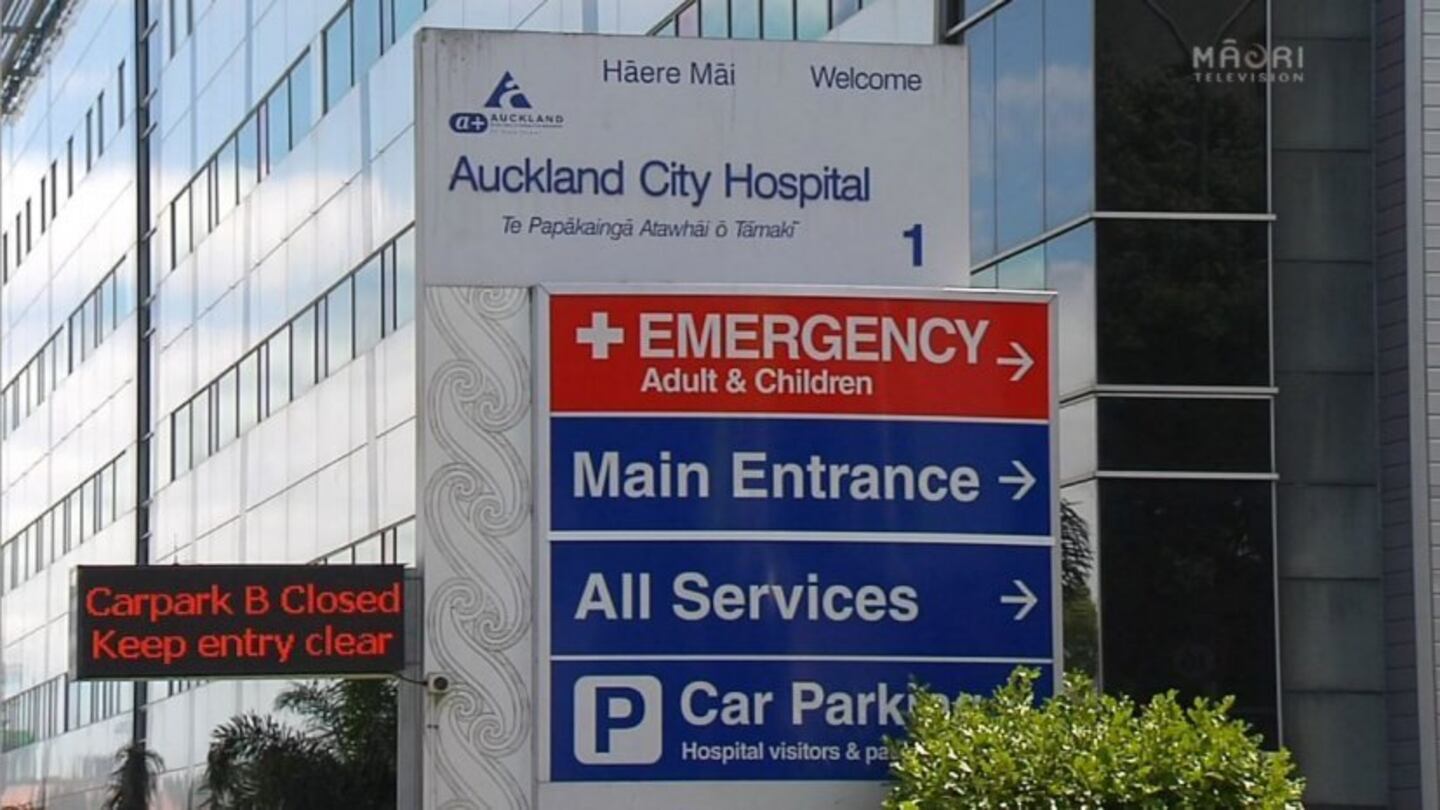A drop in the number of Māori being diagnosed with cancer is not a good thing, the government monitoring body, Te Aho o Te Kahu, says.
The cancer control agency says it believes the Covid-19 Omicron outbreak is responsible for an almost 20% drop in cancer diagnosis for Māori in the first two months of 2022.
“We expected to see a decline in diagnosis and treatment during this period because of the Omicron outbreak.” Te Aho o Te Kahu chief executive Professor Diana Sarfati says.
There were 16 per cent fewer registrations for Māori in January and 17 per cent fewer in February 2022, when compared with the same months in 2021.
Registrations for Pacific peoples were fewer in both months too, with 5 per cent fewer registrations in January and February 2022 combined compared with the previous year.
Sarfati attributes the drop in diagnosis to disruption of access to cancer services across the country, rather than actual drops in cancer rates. She fears whānau are going undiagnosed.
Contact GPs
“It is disappointing to see this dip. Any delay in diagnosis or treatment is concerning” she says.
Te Aho o Te Kahu says it’s important anyone who has had unusual or concerning symptoms should contact their GP.
“This can be a scary prospect for some but it is an important step to take,” Sarfati says.
She praised healthcare professionals for providing the best possible care they can under extenuating circumstances.
“I would like to again thank everyone in the cancer sector for working tirelessly to ensure whānau with cancer can be diagnosed, and undergo cancer treatment, no matter where they are in the country.”
Sarfati says the government body will be working with the sector to restore services as restrictions are reduced across the country.
"We will be working with the sector and our partners to ensure we see a quick recovery in diagnosis for these [Māori and Pasifika] groups.”


